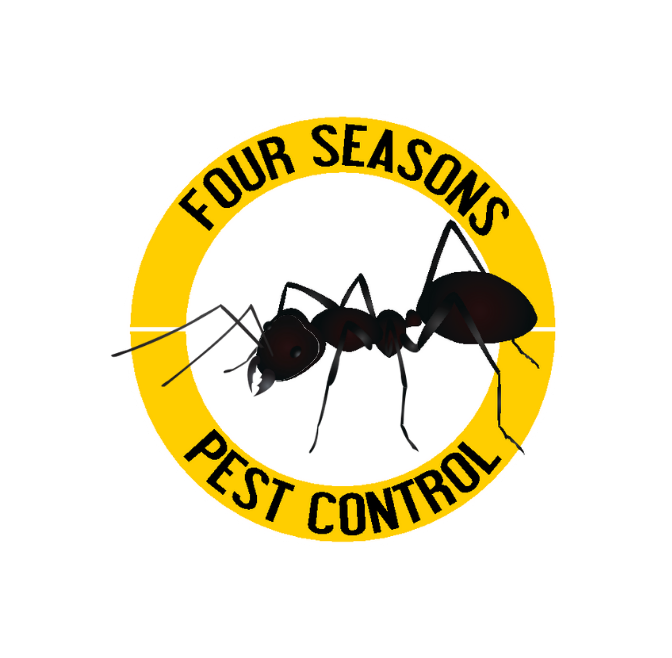Stinging Insects Found in the Southern U.S
A stinging insect is an insect equipped with a stinger, which it uses to inject venom into its prey or in self-defense. Insects which sting in NC and VA are:
- Bald-Faced Hornets
- Honey Bees
- Fire Ants
- Wasps
- Yellow Jackets
Anatomy of Stinging Insects:
Stinging insects typically have a similar anatomy, which features a stinger located at the end of their abdomen. The stinger is connected to a venom gland which is used to inject venom into prey or predators. These insects also have specialized mouthparts for feeding on nectar or other food sources.
Life Cycle:
- The life cycle of stinging insects varies depending on the species but generally follows a similar pattern. It typically includes egg, larva, pupa, and adult stages. Female stinging insects lay eggs in suitable locations, such as nests or burrows.
- The eggs hatch into larvae, which adult members of the colony feed. Larvae undergo several molts and eventually pupate, emerging as adults capable of reproduction.
Ecological Importance:
These insects play several essential roles in ecosystems:
- Pollination: Bees and some wasp species are important pollinators of flowering plants. They help transfer pollen between flowers, aiding in plant reproduction.
- Predator Control: These insects will feed on other insects, helping regulate insect populations and maintaining ecological balance.
Economic Impact:
While these insects provide valuable ecological services, they can also have significant economic impacts:
- Property Damage: Stinging insects may build nests in or near buildings. This poses a potential safety hazard for occupants.
- Health Risks:
Stings can cause allergic reactions and pose health risks to humans and animals. In severe cases, stings can lead to a life-threatening allergic reaction.
How to Get Rid of Stinging Insects
Getting rid of stinging insects can be challenging. However, it is manageable with the right approach:
- Identify the Insect: Determine the type of stinging insect you're dealing with. Different species may require different control methods.
- Locate the Nest: Find the nest or colony where the stinging insects located. Be cautious and avoid disturbing the insects.
- Avoid Provocation: Do not provoke or disturb the insects. This can trigger defensive behavior and increase the risk of stings.
- Use Protective Gear: When dealing with stinging insects, wear protective clothing. Long sleeves, pants, gloves, and a beekeeper's veil or hat can help minimize stings.
- Remove Food Sources: Keep outdoor food and garbage containers tightly sealed to avoid attracting stinging insects.
- Seal Entry Points: Seal any cracks, gaps, or openings around doors, windows, and walls to prevent entry into buildings.
- Professional Assistance: If you are dealing with a large infestation or aggressive species, it is probably best to contact a licensed pest control professional.
- Bees: If you encounter a honeybee swarm, contact a local beekeeper or bee removal service. They can safely relocate the bees without harming them. As a professional pest control company, we do not kill honeybees, we always refer them on to a local beekeeper.
When to Use a Pest Control Professional
It's advisable to use pest control for stinging insects in the following instances:
- Safety Concerns: If their presence poses a safety risk to you, your family, or your pets.
- Large Infestations: When dealing with a significant infestation, especially if they are an aggressive species like hornets or yellow jackets. Large colonies can pose serious risks and may require professional intervention.
- Repeated Encounters: Multiple encounters indicate a persistent problem that needs to be addressed.
- Property Damage: Nesting in walls, eaves, or other structures leading to structural damage or aesthetic concerns.
- Health Risks: If you have known allergies or are unable to safely enjoy your outdoor space.
If you're unsure or uncomfortable handling the problem yourself, consider seeking assistance from a licensed pest control professional.
At Four Seasons Pest Control, we have the expertise and equipment to manage stinging insect infestations safely and effectively. Give us a call on (NC) 252-453-3601 or (VA) 757-729-1744. We have the experience to deal with any roach situation you can throw our way.
